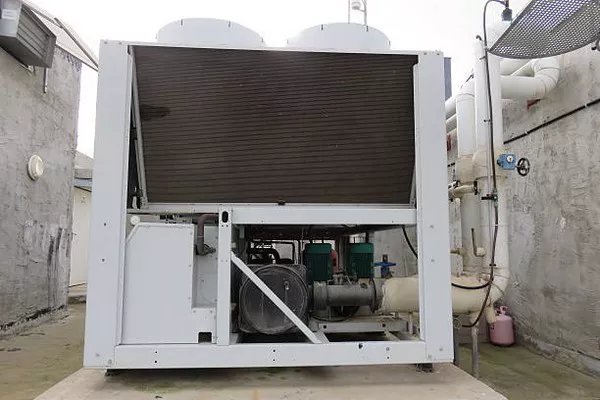In today’s fast-paced world, where uninterrupted power supply is crucial for both residential and commercial activities, having a reliable generator is essential. Generators act as a backup power source during outages, emergencies, or in locations where a consistent power supply is challenging. However, selecting the right generator can be a daunting task with various types, sizes, and features available in the market. In this article, we will explore the key factors to consider when determining the generator that best suits your needs.
Power Requirements
The first and foremost consideration when choosing a generator is understanding your power requirements. Begin by making a list of the essential appliances and devices that you want to power during an outage. Calculate the wattage each item requires and add them up to determine the total power capacity needed. This step is crucial to ensure that the generator you choose can handle the load without overloading or causing damage.
Types of Generators
Generators come in various types, each designed for specific purposes. The two main types are portable generators and standby generators.
Portable Generators: These generators are versatile and suitable for both residential and recreational use. They are typically smaller in size and can be moved easily. Portable generators are ideal for powering a few essential appliances during power outages or for activities like camping and outdoor events.
Standby Generators: Standby generators are permanently installed outside the home or business and are designed to automatically turn on when the main power supply fails. They are more powerful than portable generators and are capable of providing continuous power for an extended period. Standby generators are commonly used for backup power in homes, hospitals, and businesses.
Understanding the distinctions between these types will help you determine which one aligns with your specific needs.
Fuel Type
Generators are powered by various fuels, including gasoline, diesel, propane, and natural gas. The choice of fuel depends on factors such as availability, convenience, and the intended use of the generator.
Gasoline: Portable generators often run on gasoline, which is readily available and easy to store. However, gasoline has a shorter shelf life, and generators using this fuel may require more maintenance.
Diesel: Diesel generators are known for their fuel efficiency and durability. They are commonly used in industrial settings and areas with a consistent supply of diesel fuel.
Propane and Natural Gas: Standby generators are often powered by propane or natural gas, offering a continuous and reliable fuel source. These generators are suitable for long-term backup power solutions.
Consider your location, the availability of fuel sources, and the duration of backup power required when choosing the fuel type for your generator.
Generator Size and Capacity
Generators come in various sizes, and it’s crucial to select one that matches your power requirements. The generator’s capacity is measured in kilowatts (kW) or watts (W). As a rule of thumb, a generator should have a capacity slightly higher than your calculated power needs to accommodate any surges or fluctuations in power demand.
Transfer Switch
A transfer switch is a critical component when installing a standby generator. It automatically transfers the power source from the main grid to the generator during an outage, ensuring a seamless transition. Some portable generators also come with manual transfer switches. Consider whether an automatic or manual transfer switch is more suitable for your needs.
Noise Level
Generators can be noisy, and the noise level is an essential factor, especially for residential use. Check the decibel rating of the generator, and if possible, listen to it in operation before making a purchase. Some generators come with features like soundproofing and mufflers to reduce noise levels.
Budget
Determine your budget before exploring generator options. While it’s tempting to opt for the most powerful and feature-rich generator, it’s essential to find a balance between your needs and budget constraints. Consider the long-term costs, including maintenance, fuel, and potential installation expenses.
Conclusion
Choosing the right generator involves careful consideration of your power requirements, generator types, fuel options, size, transfer switch, noise level, and budget. By evaluating these factors, you can make an informed decision that aligns with your specific needs and ensures a reliable backup power supply when it’s needed most. Investing time in researching and understanding the available options will ultimately lead to a generator that provides peace of mind and meets your expectations in the face of unexpected power outages.

